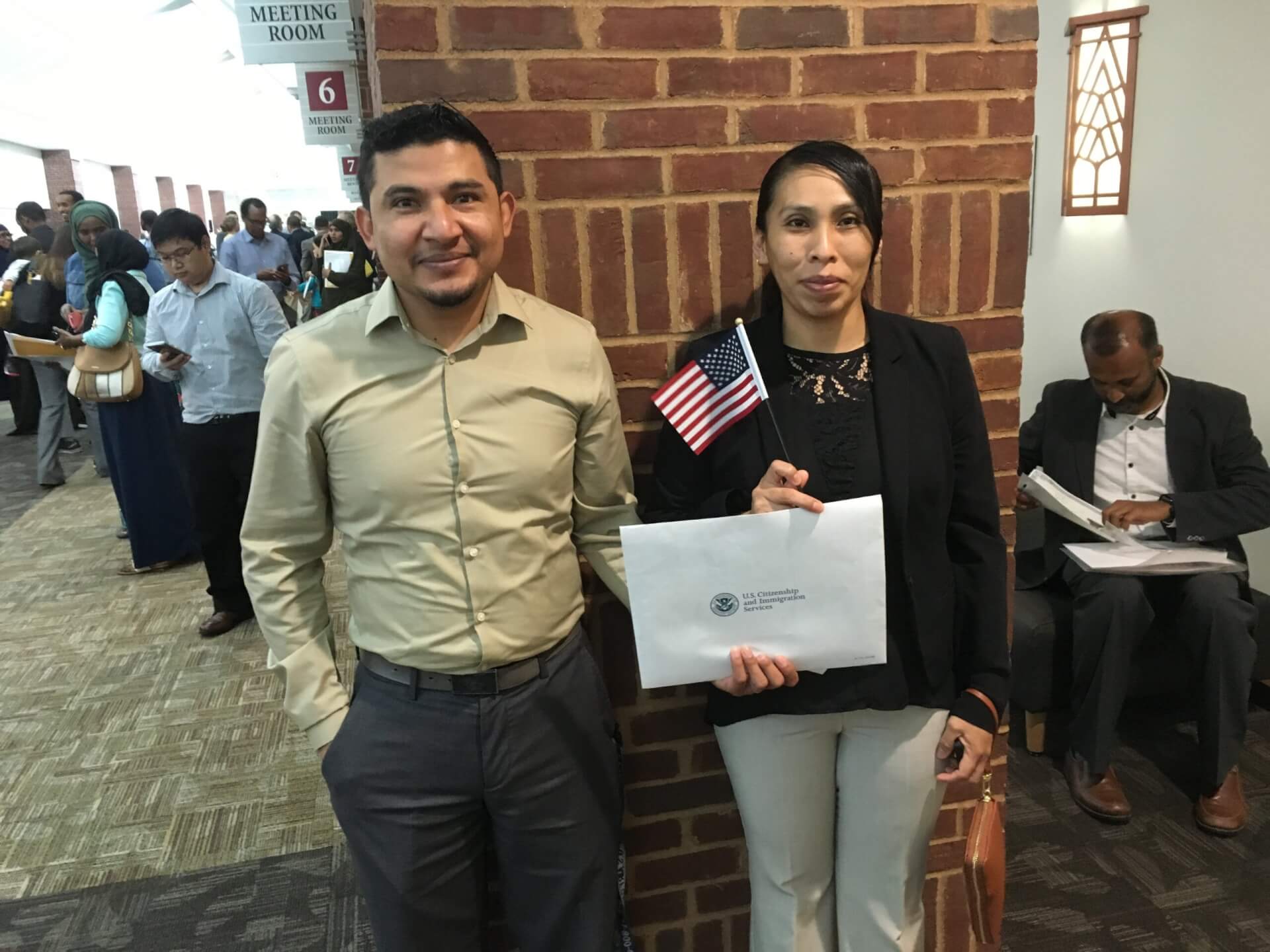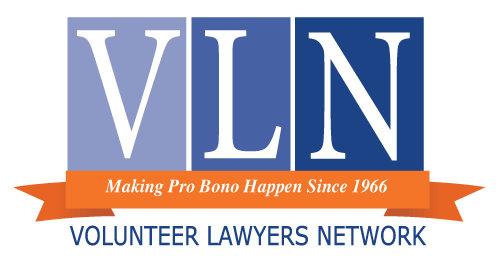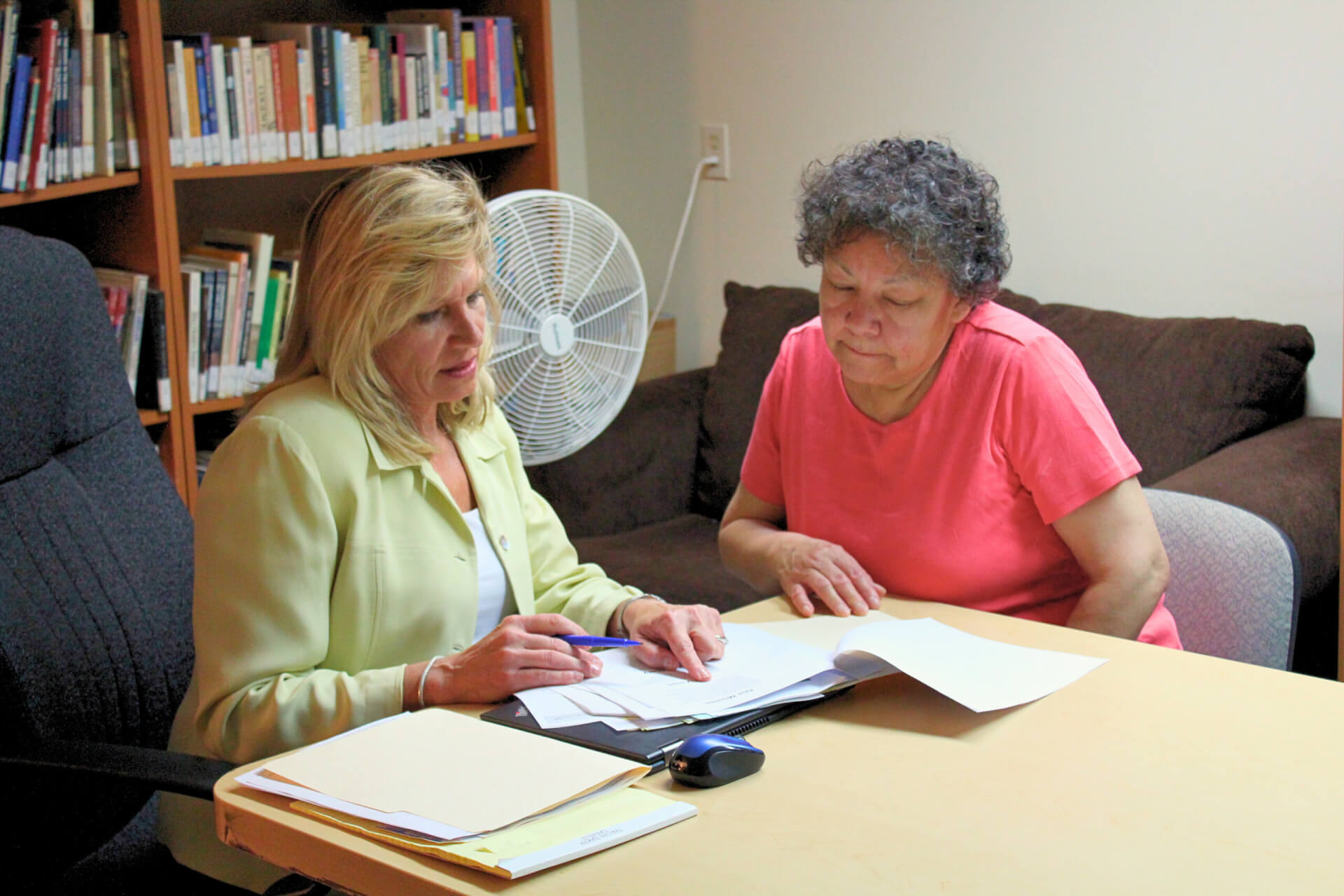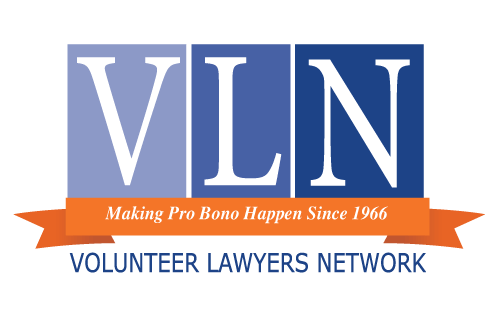Connecting volunteer attorneys with clients in need since 1966.
Volunteer Lawyers Network (VLN) helps Minnesotans experiencing poverty with civil legal issues by connecting clients with volunteer attorneys. We help clients with a wide range of civil legal issues, including bankruptcy, criminal record expungement, eviction defense, eviction expungement, family law, immigration, and much more. Every year, we provide thousands of free legal services through the commitment of hundreds of volunteer lawyers, ensuring better access to justice for the people of Minnesota.



What We Do
Volunteer Lawyers Network is a 501(c)3 non-profit organization dedicated to connecting Minnesotans experiencing poverty with some of the top private lawyers in the state at no cost.




